#poetry resources
Text

here is a list of different poetic forms that might help you get started if you’re feeling a bit stumped, unsure, or it might give you a challenge if you want to try something new! <3
Blank verse: Blank verse is poetry written with regular metrical but unrhymed lines, almost always in iambic pentameter.
Examples:


Villanelle: The villanelle is a nineteen-line poetic form consisting of five tercets (3 lines) followed by a quatrain (4 lines). There are two refrains and two repeating rhymes, with the first and third line of the first tercet repeated alternately at the end of each subsequent stanza until the last stanza, which includes both repeated lines.
Examples:
do not go gentle into that good night by dylan thomas
10 villanelle poem examples to study
Haiku: The haiku is of ancient Japanese origin. It usually contains 17 syllables in 3 lines of five, seven, five (though modern examples do not systematically follow that pattern). Haiku poems typically contain references to nature.
Examples:
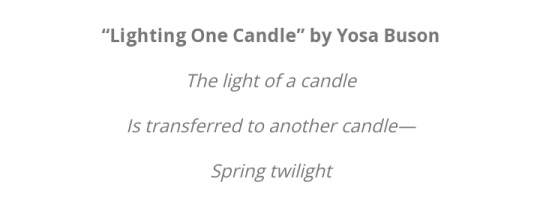
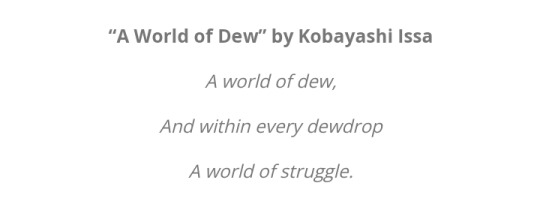

Sonnet: Traditionally, the sonnet is a fourteen-line poem written in iambic pentameter, employing one of several rhyme schemes, and adhering to a tightly structured thematic organization. The two main types of sonnets are the following:
• Shakespearean (or English) sonnet: three quatrains (4 lines) and a couplet (2 lines). Rhymes are ABAB, CDCD, EFEF, GG
• Petrarchan (or Italian) sonnet: divided into two stanzas, an octave (8 lines) followed by a sestet (6 lines). Rhymes are ABBAABBA + CDECDE or CDCDCD
Limerick: A limerick is a form of verse, usually humorous and frequently rude, in five-line, predominantly anapestic trimeter with a strict rhyme scheme of AABBA, in which the third and fourth lines are typically shorter.
Examples:


Elegy: A melancholy poem that serves the purpose of a lament for or a celebration of a deceased person.
Examples:
Elegies, Book One, 5 BY CHRISTOPHER MARLOWE
Lycidas, BY JOHN MILTON
Because I could not stop for Death, BY EMILY DICKINSON
Ode: An ode is a lyrical poem that expresses praise, glorification, or tribute, with the subject matter being a person, event, or idea. Classic odes contain three sections: a strophe, an antistrophe, and an epode—effectively a beginning, middle, and end.
Example:
Ode on a Grecian Urn, by JOHN KEATS
Concrete poem: Also known as visual poetry, it is essentially poetry which is shaped in a certain way which adds to its meaning.
Found poem: Found poetry is a form of poetry in which you create a poem by cutting up, remixing, or otherwise transforming an existing piece of text. (you can use dialogue from the show/scripts?)
Blackout poetry: Blackout poetry is the process out taking an already existing piece of text and blacking out the words save for a few select ones that take on new meaning.
#writing#writing poetry#poetry resources#poetry#poetic forms#how to write a poem#writing resources#resources#insp#buddie poetry event#poemsbybuddie
81 notes
·
View notes
Note
How to written a good poet.
@poetrymypassionsblog One of the best 'how to' written by a good poet is 'Poem Crazy' by Susan Wooldridge. Its available through archive.org if you can't afford a copy.
And—I hope you won't mind me offering you a link to my tumblr poetry workshop here
What’s in the workshop? 30 fairly short tumblr posts I did about different poetry tools, including some Asian poetry tools that I find super useful for writing modern poetry. So, if you want to learn to use zoom in your poetry—or maybe you have been looking for examples on how to use a volta to improve a poem—check it out!
2 notes
·
View notes
Text
Mizna, a platform for contemporary SWANA literature, film & art, has published "Toward a Free Palestine | Resources to Act For and Learn About Palestine" - poems and essays you can read and actions you can support <3
1K notes
·
View notes
Text
MASTERPOST (PT. 1)
Daily Writerly Updates! | Open to post requests & questions
My Writing Tea & Tips Community: @@writing-tea-tips
+ Feel free to chat with me anytime :) Think of me as your next door writer neighbor 🏡
If you like my blog, buy me a coffee☕ and find me on instagram! 📸
For worldbuilding, vocab lists, weapons &fighting, and more: MASTERPOST PART 2>>
❤️ Romance Writing Prompts
Meet-Cute Ideas
Reponses to: "How Could You?"
Responses to: "Break my heart." 💔
How would you develop a relationship that’s been constantly one-sided?
Enemies-to-Lovers Dialogue Prompts
List of Relationship Tropes <3
Library Romance Prompts
Arranged Marriage Prompts
Responses to: "I love you"
Soulmates AU Prompts
"I love you but I don't" Prompts
Romance Novel Tropes & Subgenres: a comprehensive list
The Romantic Academic
Forbidden Love Dialogue Prompts
Angry Love Confessions
---
☕📜Writing Scenes
Scenes: The Basics🏕️
Structuring Your Fight Scene
Writing Funny (But Intense) Action Scenes
Ideas for Flashback Scenes
Writing The Perfect Kiss Scene
Fantasy Battle Scenes 101
---
✧𑁍.ೃPlot Tips & Tropes
A Very Brief Outline of the Three-Act Structure
Plot Type 1: "The Quest"
Writing Text Conversations - follower question
Fairy Murder Method Ideas
Gossiping Scene Idea Prompts
Child Eating Fairies Ideas + The Mysterious Cave Trope - follower question
Writing Political Intrigue
Comforting a Fire Girl Scene - follower question
Energize a Sluggy Middle
2 Types of Deaths in Fiction
Literary vs. Commercial Plots
Fantasy Tropes that I Love
Writing the Perfect Betrayal
Writing Strong Opening Lines
Plotting Tips for Romantasy
Dark Fantasy Tropes List
Dark Academic Plot Must-Haves
---
✩₊˚.⋆☾ POV Related
1st vs. 3rd POV For Mad Characters
Emotionless Character POV
🧛🏻♀️Character Writing Tips
Redeeming The Bad Boy Character
How to Write Redemption Arcs
Writing Diverse Characters - Things to Remember
Character Nickname Ideas
How to Write Liars Believably
Choosing the Right Character
Organizing Character Relationships
Writing 1st POV Character Fears
Introducing Non-binary Characters
Teasing Sibling Dialogue Prompts
Writing A Drug Addict Character
No Redemption Villains
Emotions and humanity for the Non-Human Character - follower question
Writing Gangsters
Characterization: Unforgettable Characters
Human Feelings for the Non-Human Character
The Character Arc: 101
Emotional Mini BIO
Writing Autistic Characters
On Writing Blind Characters
Writing Homosexual Characters
Establishing the MC-Reader Bond
Writing Child Characters Believably
Toxic Parent Prompts
Writing Morally Gray Characters
Writing the "Mean Girl" Character
Writing Introverted Characters
Strong Female Characters
Fantastical Asian Monsters (Part I)
🕐List of Dirty Character Traits
Dark Backstory Ideas
Good Characer Traits to bad
A List of Toxic Traits for Your Character
Character Names with Unfortunate Meanings
---
MASTERPOST PART 2>>
#authors#book club#poetry#writer#writers#creative writing#writing#symbolism in writing#writing community#writers of tumblr#creative writers#writing inspiration#writeblr#writerblr#writing tips#writblr#writers corner#writers community#poets and writers#writing advice#writing resources#writers on tumblr#writers and poets#helping writers#writing help#writing tips and tricks#how to write#writing life#let's write#resources for writers
613 notes
·
View notes
Quote
I am too intelligent, too demanding, and too resourceful for anyone to be able to take charge of me entirely. No one knows me or loves me completely. I have only myself
Simone de Beauvoir
#Simone de Beauvoir#Love#Intelligence#anyone#charge#completion#demand#resource#For women#quotes#life quotes#quotelr#literature#authorquotes#author quotes#lit#poetry#prose#spilled ink
2K notes
·
View notes
Note
what makes a poem a poem? does it have to be written in a certain way? is this question a poem if i want it to be?
Fun question! This is just my personal sense as an avid reader and less-avid writer of poetry, but for me it’s useful to distinguish (roughly) between poetry as a genre and poetry as an attitude or philosophy through which language and the world can be understood. And of course these two go hand in hand. I see poetry the genre as essentially a type of literature where we as readers are signaled, somehow, to pay closer attention to language, to rhythm, to sound, to syntax, to images, and to meaning. That attentive posture is the “attitude” of broader poetic thinking, and while it’s most commonly applied to appreciate work that’s been written for that purpose, there’s nothing stopping us from applying that attentiveness elsewhere. Everywhere, even! That’s how you eventually end up writing poetry for yourself, after all. There’s a quote from Mary Ruefle floating around on here that a lot of folks have probably already seen, but it immediately comes to mind with this ask:
“And when you think about it, poets always want us to be moved by something, until in the end, you begin to suspect that a poet is someone who is moved by everything, who just stands in front of the world and weeps and laughs and laughs and weeps.”
Similarly, after adopting the attentive posture of poetics, there’s plenty of things that can feel or sound like a poem, even when they perhaps were not written with that purpose in mind. I’ve seen a couple of these “found poems” on here that are quite fun—this one, for example. The meaning and enjoyment you may derive from the language of a found poem isn’t any less real than that derived from a poem written for explicitly poetic purposes, so I don’t see why it shouldn’t be called poetry.
That said, I do think that if you’re going to go out and start looking for poetry everywhere, it’s still important to have a foundation in the actual language work of it all. Now, this doesn’t mean it has to be “written in a certain way” at all! But it does mean that in order to cultivate the attentiveness that’s vital to poetry, one needs to understand what makes language tick, down at its most basic levels. It will make you better at reading poetry, better at writing it, and better at spotting it out in the wild.
Mary Oliver’s A Poetry Handbook is an extraordinary resource to new writers and readers, and a great read for more experienced folks as well. Mary Oliver’s most popular poems are all to my knowledge in free verse, and yet you might be surprised to find her deep appreciation for metrical verse (patterns of stressed/unstressed syllables), as well as for the most minute devices of sound. In discussing the so-called poetry of the past, she writes,
“Acquaintance with the main body of English poetry is absolutely essential—it is the whole cake, while what has been written in the last hundred years or so, without meter, is no more than an icing. And, indeed, I do not really mean an acquaintanceship—I mean an engrossed and able affinity with metrical verse. To be without this felt sensitivity to a poem as a structure of lines and rhythmic energy and repetitive sound is to be forever less equipped, less deft than the poet who dreams of making a new thing can afford to be.”
In another section, after devoting lots of attention to the sounds at work in Robert Frost’s “Stopping by Woods on a Snowy Evening”, she writes,
“Everything transcends from the confines of its initial meaning; it is not only the transcendence in meaning but the sound of the transcendence that enables it to work. With the wrong sounds, it could not have happened.”
I hope all this helps to get across my opinion that what makes a poem a poem is not just about the author's intention, and not just about meaning (intended or attributed), but also about sound and rhythm and language and history, all coalescing into something that rises above the din of a language we would otherwise grow tired of while out in our day-to-day lives.
I'll always have more to say but I'm cutting myself off here! Thanks for the ask
#ask#discussion#does this even answer the question? lol#anyways even if you're not huge on mary oliver i still highly recommend a poetry handbook#i admit her poetry is only to my taste about 60-70% of the time. but her handbook is a great resource and can stand alone#i actually think oliver wrote a whole other book just about metrical verse too. for people who are into that#also if you're someone who's less interested in the question 'what is poetry?' and more into questions like#why is poetry? can poetry survive? what the fuck happened to poetics in the twentieth century?#i recommend the witness of poetry by czeslaw milosz#an older book—actually a collection of lectures—but an absolute game-changer for me#not a poll
465 notes
·
View notes
Text
i decided to make some more dividers similar to this post because I noticed that a lot of people like them and I have some more poems/quotes I can use to make more, hope you enjoy :)
a lot of them are from lang leave poems just like the last



















please like, reblog, and credit ₍⑅ᐢ..ᐢ₎ ♡
#dividers#carrd decor#carrd dividers#blog resources#aesthetic#discord server resources#carrd resources#carrd#carrd stuff#poems#poetry#tan dividers#tan#lang leav
78 notes
·
View notes
Text
The Palestinians are the only nation in the world that feels with certainty that today is better than what the days ahead will hold. Tomorrow always heralds a worse situation.
Mahmoud Darwish
#palestine#free gaza#gaza genocide#gaza strip#israel is a terrorist state#social justice#free palestine#imperialism#palestine resources#palestinian genocide#gaza#mahmud darwish#poetry#poets on tumblr#writers and poets#jerusalem#yemen#al quds
111 notes
·
View notes
Text
A List of Poetic Terms
anaphora the repetition of a word or phrase, usually at the beginning of a line.
alliteration the repetition of sounds in a sequence of words.
allegory narrative with two levels of meaning, one stated and one unstated.
apostrophe direct address to an absent or otherwise unresponsive entity (someone or something dead, imaginary, abstract, or inanimate).
assonance the repetition of vowel-sounds.
beat a stressed (or accented) syllable.
binary dual, twofold, characterized by two parts.
blank verse unrhymed iambic pentameter.
caesura an audible pause internal to a line, usually in the middle. (An audible pause at the end of a line is called an end-stop.) The French alexandrine, Anglo-Saxon alliterative meter, and Latin dactylic hexameter are all verse forms that call for a caesura.
chiasmus from the Greek letter Chi ( Χ ), a "crossed" rhetorical parallel. That is, the parallel form a:b::a:b changes to a:b::b:a to become a chiasmus.
climax the high point; the moment of greatest tension or intensity. The climax can occur at any point in a poem, and can register on different levels, e.g. narrative, rhetorical, or formal.
consonance the repetition of consonant-sounds.
couplet two lines of verse, usually rhymed. Heroic couplet: a rhymed iambic pentameter couplet.
diction word choice, specifically the "class" or "kind" of words chosen.
elegy since the 17th century, usually denotes a reflective poem that laments the loss of something or someone.
end-stopped line a line that ends with a punctuation mark and whose meaning is complete.
enjambed line a "run-on" line that carries over into the next to complete its meaning.
foot the basic unit of accentual-syllabic and quantitative meter, usually combining a stress with one or more unstressed syllables.
free verse poetry in which the rhythm does not repeat regularly.
imagery the visual (or other sensory) pictures used to render a description more vivid and immediate.
meter a regularly repeating rhythm, divided for convenience into feet.
metonomy a figure of speech in which something is represented by another thing that is commonly and often physically associated with it, e.g. "White House" for "the President."
ode a genre of lyric, an ode tends to be a long, serious meditation on an elevated subject.
prosody the study of versification, i.e. the form—meter, rhyme, rhythm, stanzaic form, sound patterns—into which poets put language to make it verse rather than something else.
refrain a phrase or line recurring at intervals. The definition does not require that a refrain include the entire line, nor that it recur at regular intervals, though refrains often are and do.
rhythm the patterns of stresses, unstressed syllables, and pauses in language. Regularly repeating rhythm is called meter.
scansion the identification and analysis of poetic rhythm and meter. To "scan" a line of poetry is to mark its stressed and unstressed syllables.
simile a figure of speech that compares two distinct things by using a connective word such as "like" or "as."
speaker the "I" of a poem, equivalent to the "narrator" of a prose text. In lyric poetry, the speaker is often an authorial persona.
speech act the manner of expression (as opposed to the content). Examples of speech acts include: question, promise, plea, declaration, and command.
stanza a “paragraph” of a poem: a group of lines separated by extra white space from other groups of lines.
symbol an image that stands for something larger and more complex, often something abstract, such as an idea or a set of attitudes.
symbolism the serious and relatively sustained use of symbols to represent or suggest other things or ideas. (Distinct from allegory in that symbolism does not depend on narrative.)
synecdoche a figure of speech in which a part of something is used to represent the whole, e.g. “wheels” for “car.”
tone the speaker’s or author’s attitude toward the reader, addressee, or subject matter. The tone of a poem immediately impresses itself upon the reader, yet it can be quite difficult to describe and analyze.
topos a traditional theme or motif (e.g. the topos of modesty).
trope a figure of speech, such as a metaphor (trope is often used, incorrectly, to mean topos)
valediction an act or utterance of farewell.
If these writing notes helped with your poem/story, please tag me. Or leave a link in the replies. I'd love to read them!
#poetry#literature#writing#writeblr#writers on tumblr#poets on tumblr#writing prompt#creative writing#poem#lit#words#writing reference#writing resources#writing notes#langblr#studyblr
40 notes
·
View notes
Text
FORBIDDEN LOVE
So, if loving you is forbidden
then let me commit treason.
Because loving you
was everything I was missing
before I met you.
You see
The world will try
to tell you things
about love.
Yet none of those things
compares to you.
Nor can the definition
of love
compete against you.
Nor can Aphrodite herself
stand next to you.
So, if loving you is forbidden
then call me a forbidden lover.
Because nothing compares
to love and be loved by you.
#poetry#news#bookworm#books and reading#I Loved You before I Met You: A Love Story in Poetry#2024#copyright#this is a piece from the debut novel: published by Resource Publications (CA)#story#usa#uk#natuerlover#nature#original story#stories#adventure#drama#quotes#life quotes#love quotes#inspiring quotes#relationship quotes#poem#words#literature#lit#romance quotes#cute quotes#inspiration#motivation
49 notes
·
View notes
Text
i love anthologies. anthologies are so sexy
#in an alternate world where im an english lit major the norton anthology of english lit is my bible#it's by no means an exhaustive overview but i really love how everything is in its neat timeline#and you get a general vibe for how literature was back then as opposed to just going in blind. u see how everything influences everything#a major (maybe a bit irrational?) fear i have is i come out of a book w superficial understanding#and while that has contributed to unfortunate reading slumps i do also like this trait of me#where i am actually focused on giving a book/period of time the respect it deserves vs just reading it flippantly#i like doing my silly little pre-read of a period of time/author before jumping into it#i don't do pre-reads for everything but there are books where i find it necessary to prime my brain for absorbing them#and anthologies are good for that#and they're also a good resource for investigating authors whose vibe sits right w u.#or for knowing the general quaintessential authors of a certain genre of lit#i also love poetry anthologies#the commentary comparing/contrasting certain authors is also rly interesting to me . ok i'll shut up now#p
77 notes
·
View notes
Text
Rich
Riches are not all monetary
My riches are valuable only to me
For I am rich in relations,
Rich in my friendships,
Hell my family even (to an extent)
Yet I feel empty.
I am surrounded by wealth in the best forms
And I do not feel the warmth is used to give me
Instead I feel cold, soulless, seeking more
Diving into the past shouldn't erase the present
And here I stand unable to recognize this is mine
These riches are those of me now,
Not of my past self
My past is still processing the trauma they lived thru
Grappling with the fact that they deserved more
And can't accept that current me is our only comfort
The wealth I have accumulated was built in the last two years,
The me that exists ten years ago doesn't know they are allowed to take
It was not built in a day, and it is meant to be there for him to use, to heal
Telling him that?
Next to impossible.
He doesn't even know who HE is, still trapped within the confines of womanhood
A solo mission of re-education,
And I am his only teacher, despite my riches
Because how can I be rich and unable to use the benefits of these relationships?
Inaccessible wealth is meaningless,
Asking for help...
Using what I have built...
...I don't know how...
~zen
#personal#original poem#poem#aquarius#poetry#spilled ink#spilled poetry#lgbtq#how the fuck am i supposed to deal with this#i want to be able to use my resources#inaccessible riches are meaningless
34 notes
·
View notes
Text
A syscourse enraged reminder
Many Voices was CDD specific
You can read it all here
(It's actually an amazing, beautiful read, please check it out and spread it around, even if you just make your own post about it)
#syscourse#pro syscourse conversation#did#osdd#did history#actuallydid#actuallyosdd#actually traumagenic#resources#poetry#anti endo#pro endo#endogenic safe#system was used before many Voices#stop erasing cdd history
44 notes
·
View notes
Text
Two reading lists - 'Featuring Palestinian Voices, Part 1' and 'Featuring Palestinian Voices, Part 2' - of writings from Palestinian and Palestinian diaspora journalists, writers, academics, and thinkers compiled by Natalie Wee at Room Magazine
531 notes
·
View notes
Text
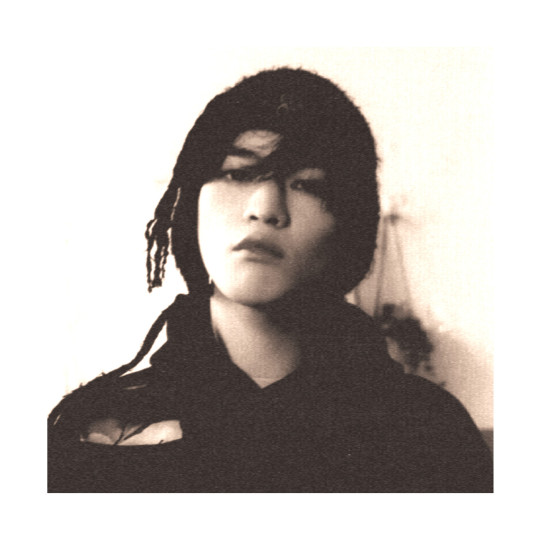


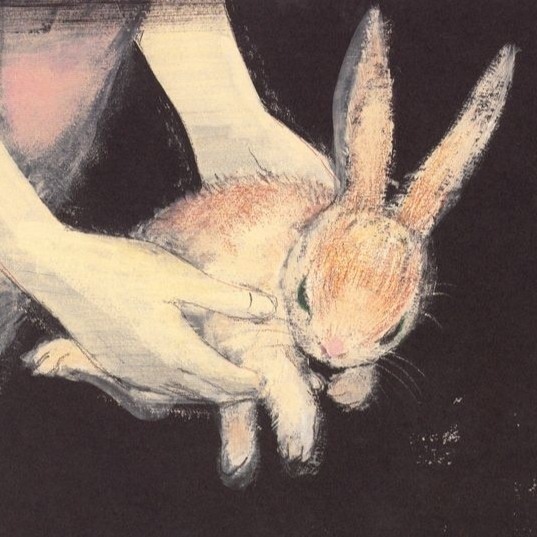
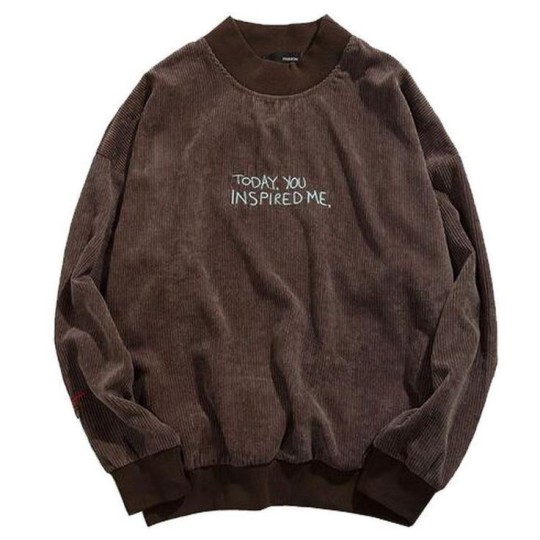
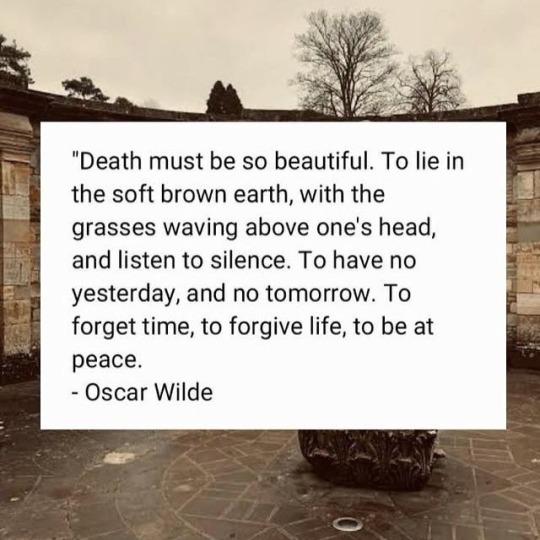
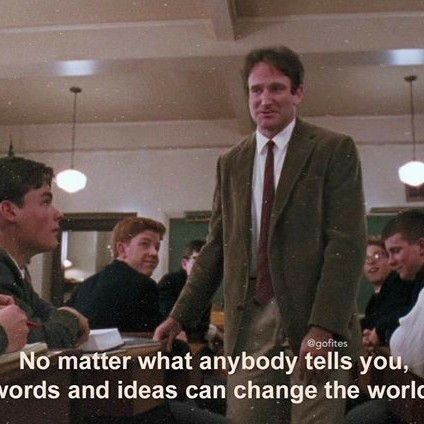
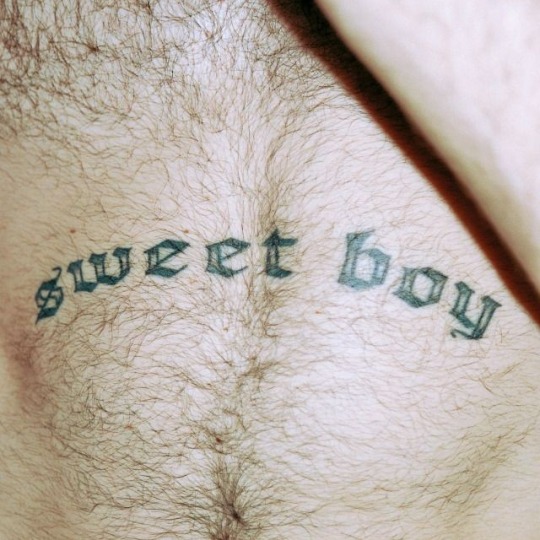
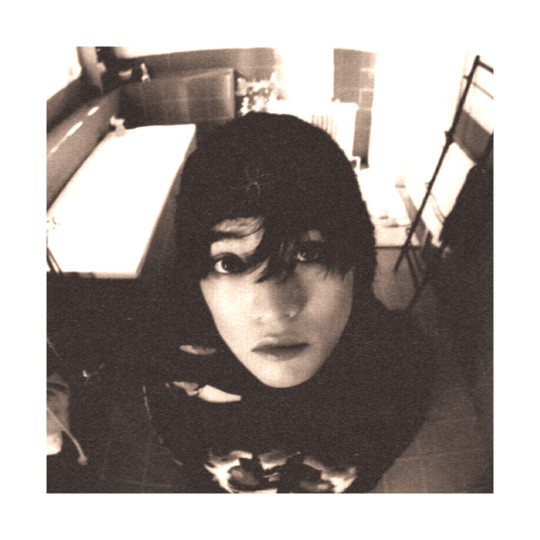
QUAL O PROBLEMA COMIGO, AFINAL DE CONTAS? SÓ QUERO VIVER DELIBERADAMENTE, COMO MEU CORAÇÃO ANSEIA, MAS ESCOLHO A MORTE COMO DISTRAÇÃO.
#alternative moodboard#carrd aesthetic#carrd resources#carrd stuff#unfiltered aesthetic#unfiltered icons#unfiltered moodboard#alternative icons#indie moodboard#lq icons#nct lq moodboard#lq moodboard#grunge moodboard#messy moodboard#poetry moodboard#dead poets society#chenle#chenle icons#chenle moodboard#zhong chenle#chenle nct#nct#nct icons#nct moodboard#nct dream#nct aesthetic#nct dream icons#nct dream moodboard#nct dream aesthetic#carrd moodboard
189 notes
·
View notes
Text
I'm memorizing some of Poe's poetry (cause of nevermore, but also they're just really good) anyhow this site has a ton of his works and info!
thought perhaps this would pique yall's interest
26 notes
·
View notes